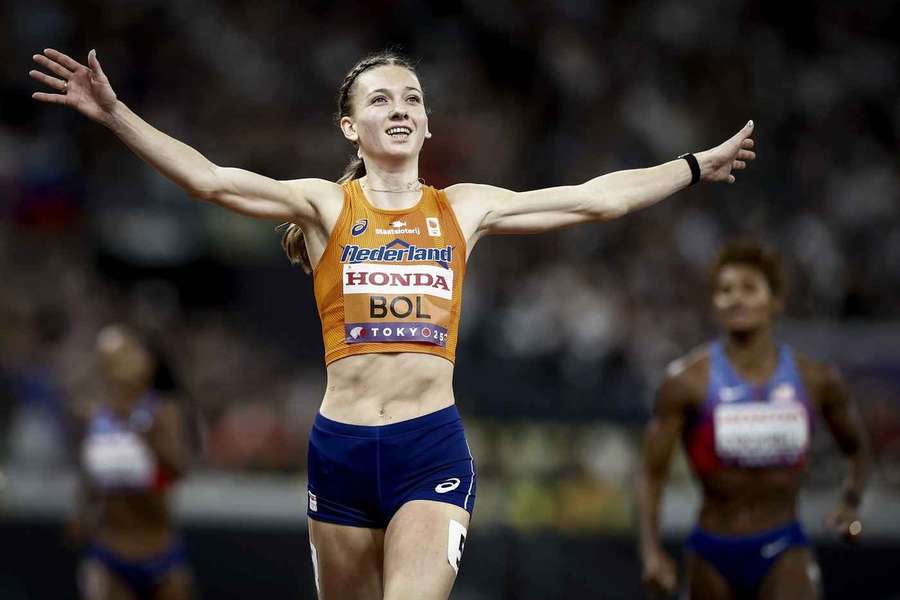Tracking recent athletics news, we note that Femke Bol is now looking at a new challenge.
What’s that, you ask. Hasn’t the second-best women’s 400 metres hurdler yet to conquer her first challenge? That would be beating the best women’s 400 metres hurdler ever, Sydney McLaughlin-Levrone, to a world or Olympic title. Or maybe even beating her world record.
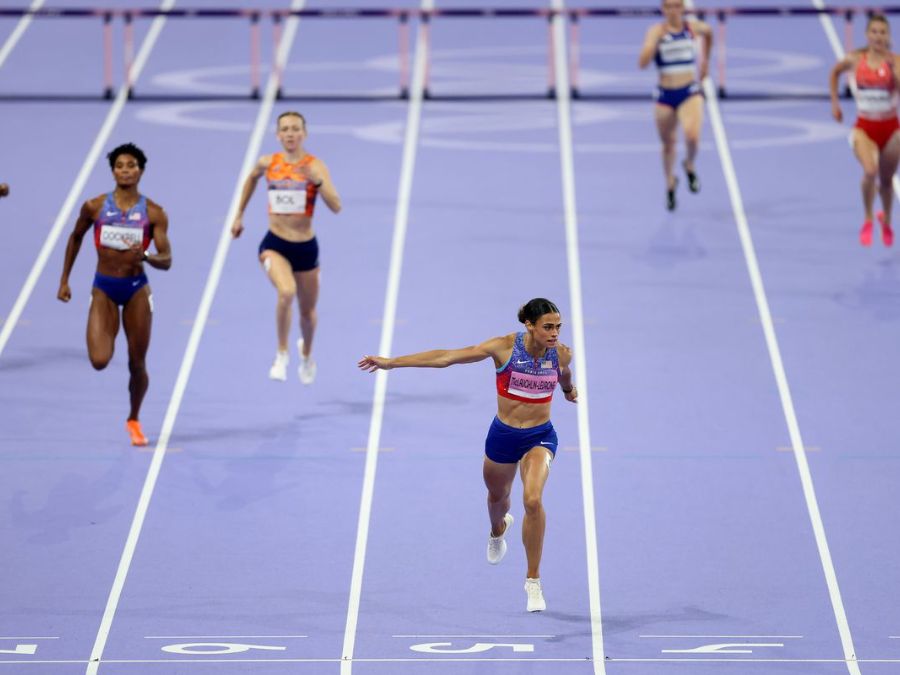
The way things have gone in Tokyo21, Eugene22 and Paris24 you must achieve the second to even have a chance of doing the first. McLaughlin-Levrone won all three championships in world record times.
Perhaps Bol can be forgiven striking out for potentially greener pastures. Ironically, though, in that she is also following McLaughlin-Levrone. The one-lap hurdles superstar switched to the flat 400 for season 2025 and proceeded to not only win the gold medal at the world championships but do so in 47.78, the second-fastest time ever behind Marita Koch’s world record 47.60 run in Canberra – yep, that’s right, Canberra – in 1985.
“The 800 is a completely new challenge — one that excites me because it will require fresh strengths, strategies, and resilience,” Bol said in a statement released by her agents.
“My ambition is not just to compete but also to reach and be successful at the highest level,” she continued.
Keely Hodgkinson welcomed the news. Responding to a post on Bol’s social media, the Paris24 Olympic and Tokyo25 800 bronze medallist commented: “Can’t wait to share the start line.” Not sure what Tokyo gold medallist Lilian Odira thought, nor even silver medallist Georgia Hunter Bell.
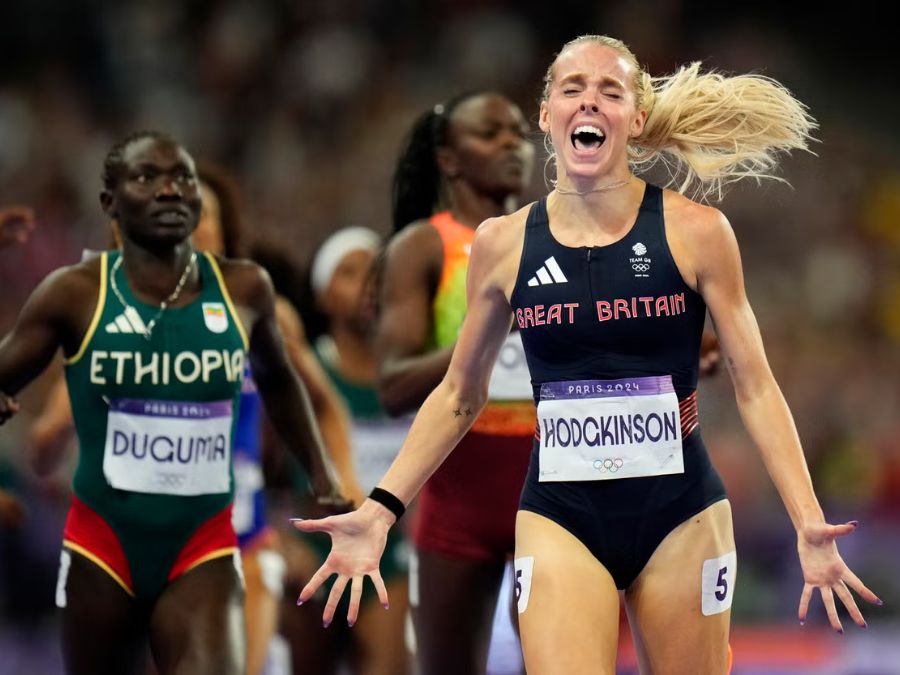
More that that, I wonder when did athletes – especially the sport’s very best – excelling at more than one distance become comment worthy (excluding SML: she does very little making everything she does worthy of comment).
It used to be commonplace. Want some examples? Well, how about legendary female athletes Mildred ‘Babe’ Didrikson and Fanny Blankers-Koen. Didrikson won gold medals in the 80 metre hurdles and javelin at the 1932 Los Angeles Olympics and a silver in the high jump (jumping the same height as the winner. She is the only athlete, male or female, to have won individual medals in a running, jumping and a throwing event.
In London in 1948, Blankers-Koen won gold medals in the 100, 200 and hurdles and anchored the winning Dutch 4×100 relay. That was a gold medal in every event on the severely restricted women’s program. She almost certainly would have won medals in the jumps and multi-event but the rules also restricted the number of events women could enter.
In more contemporary times, consider Steve Ovett and Said Aouita. Ovett, who turned 70 a few days ago and now lives in Australia, won an Olympic gold medal at 800 and a bronze at 1500 in Moscow in 1980 and set numerous world records at 1500 and the mile. He switched up to 5000 metres to win the Commonwealth Games gold in Edinburgh in 1986 ahead of teammates Jack Buckner and Tim Hutchings with John Walker fifth.
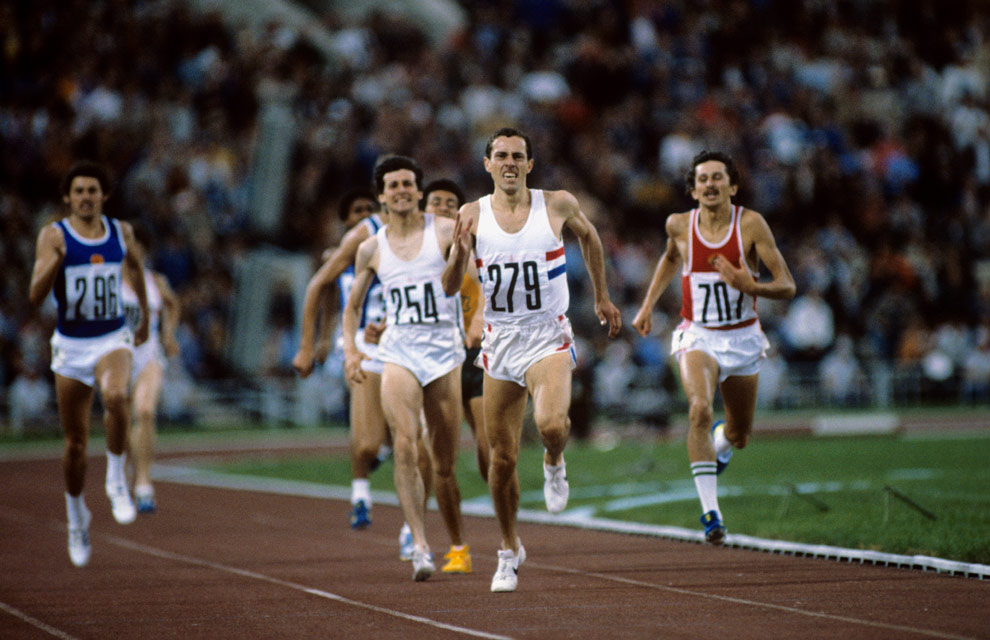
Ovett also ran fourth in an English national cross-country title behind Bernie Ford, Ian Stewart and Tony Simmons three of the UK’s finest distance runners in one of their strongest eras.
Ovett and Sebastian Coe took versatility to the Olympic level, each winning the other’s ‘event’ in Moscow. Ovett showed his competitive class in winning the 800 ahead of world record holder Coe; Coe turned the tables to win the 1500, breaking an Ovett winning streak at 1500/mile of 45 races over almost three years.
If possible, Aouita was even more versatile. His championship triumphs – Olympic gold in 1984 and world championships in 1987 – were at 5000 and he was the first man under 13 minutes at the distance. He also had a 1500 bronze at the first world championships in Helsinki in 1983 and – after audaciously choosing the 800 another in that event at the Seoul 1988 Olympics. For good measure, he ran the second-fastest time in the world at 10,000 metres in 1986 winning at no less a prestigious meeting than Oslo’s Bislett Games.
We have been living in an age of specialisation recently, with athletes seemingly loath to venture outside there comfort zones. That could be starting to change again, however. I wrote last week about the ventures by Jakob Ingebrigtsen and Faith Kipyegon into the 5000 metres – a redemption distance for Ingebrigtsen in recent championships, a mildly chastening one for Kipyegon due to the emergence of Beatrice Chebet. Kipyegon has indicated recently she wants to explore the 10,000 and even the marathon.
In an Australian context we have seen increased willingness from the likes of Jess Hull (800 and 5000), Linden Hall (3000 and 5000), Georgia Griffith (1500, 3000 and 5000), Ky Robinson (1500, 5000) among those testing themselves against quality opposition over different distances.
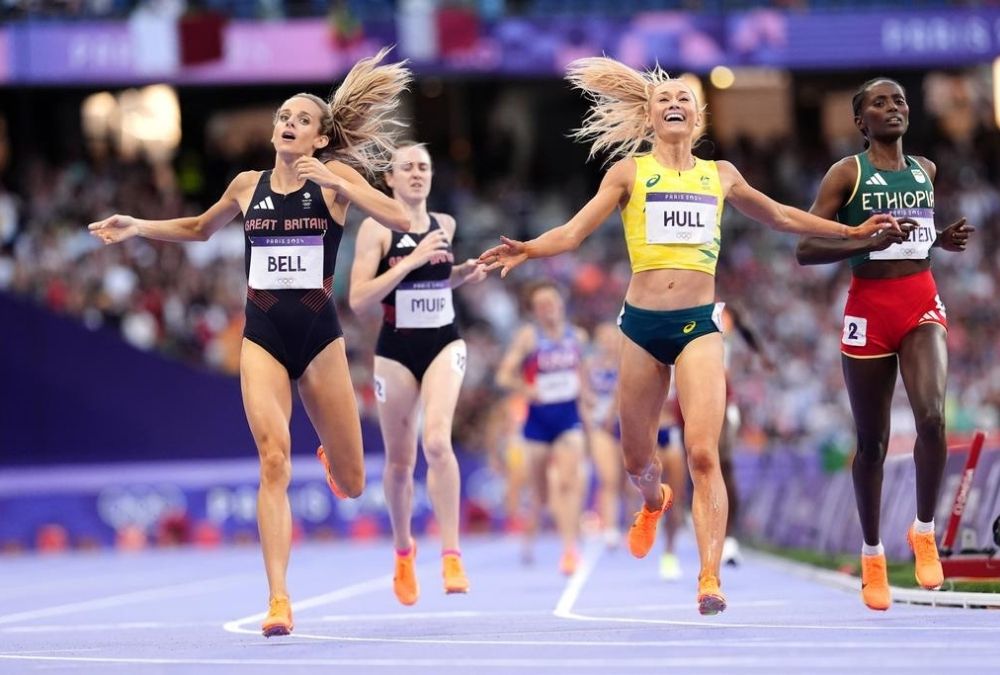
As no less than Ron Clarke once theorised, most runners – even the most versatile – seem to find one distance which best suits their rhythm and temperament. But it is fun watching them experiment at what distance that may be. Who knows where Femke Bol’s venture into the 800 may go – even full circle back to the 400 hurdles.
It’s the journey that counts.



